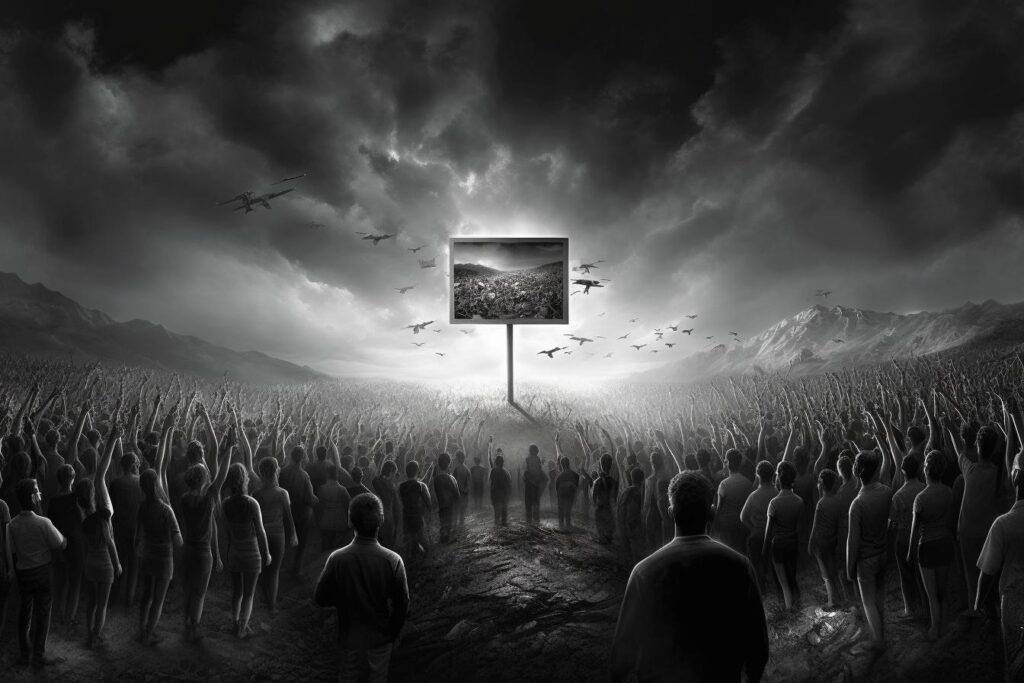Humans have a natural desire to control everything, literally everything. This is based on various motivations, such as the need for power, security or a sense of superiority. This control can manifest itself in different areas of life, including personal relationships, the working environment or even society as a whole.
The meaning of control lies in the belief that control over every aspect of life will lead to a desired outcome, prevent undesirable events or provide a sense of stability. It is often driven by fear of the unknown, the quest for perfection or the need to impose one’s own views and values on others.
However, it is important to recognise that trying to control everything is unrealistic and can have negative consequences. It can lead to stress, strained relationships and a lack of adaptability in the face of change.
Finding a healthy balance between control and submission is vital for overall well-being. It involves accepting uncertainty and building trust in ourselves and others, as well as understanding that certain things are beyond our control. It requires developing self-awareness and focusing on what can be influenced or changed.
It is important to mention that the desire for control can vary between individuals and its impact on a person’s life and relationships can be different. Recognising and understanding the underlying reasons for the need for control can be a starting point for personal growth.
The will to control everything reflects the desire to have power and influence over every aspect of life. However, accepting the limits of control and developing self-awareness can lead to a more balanced and fulfilling existence.




